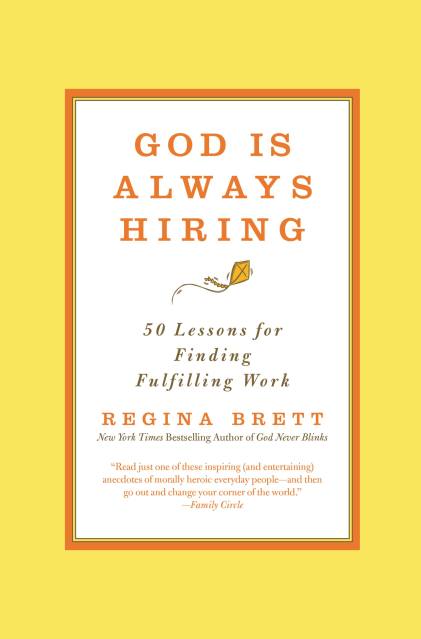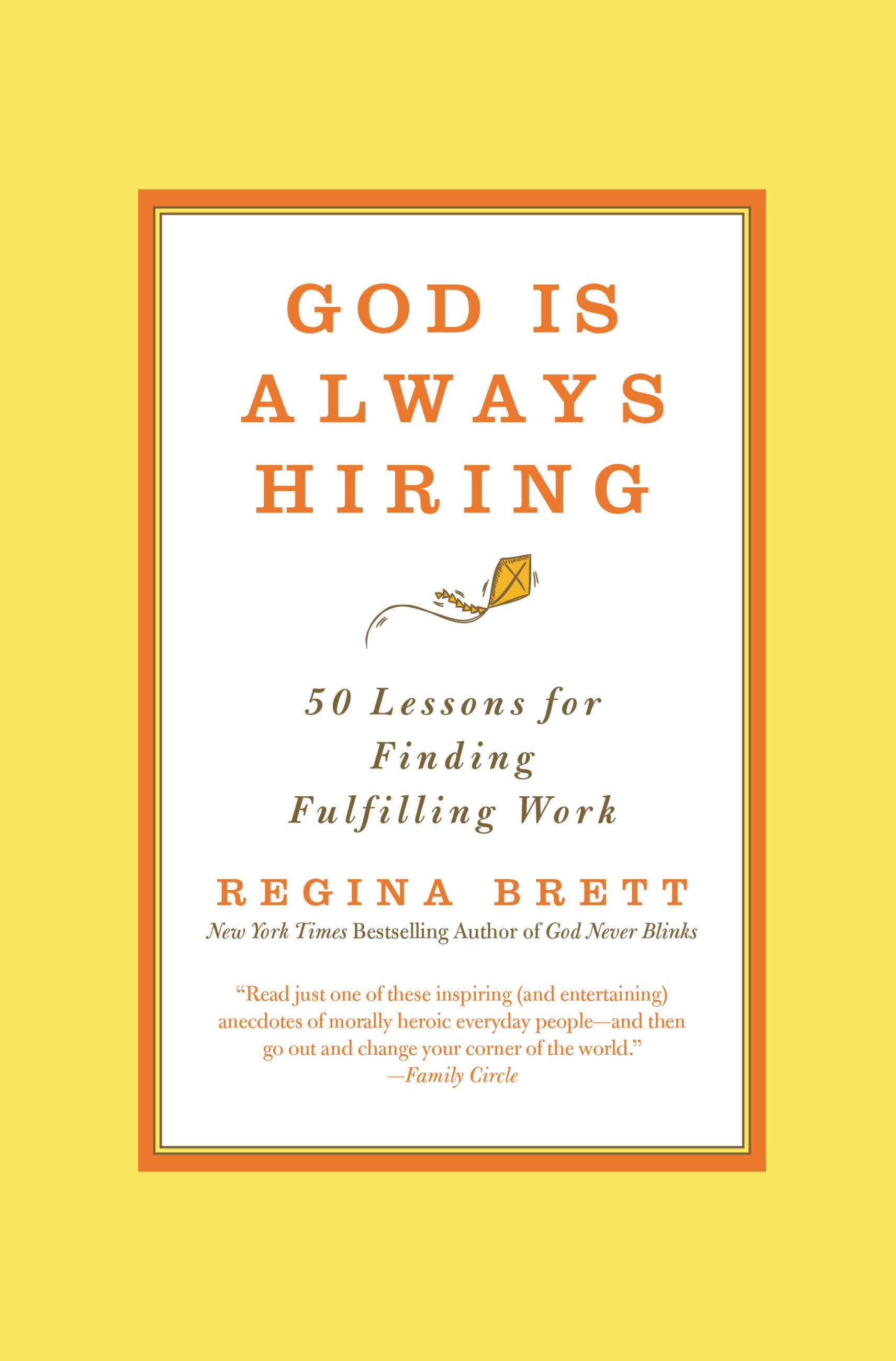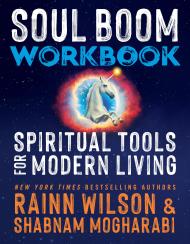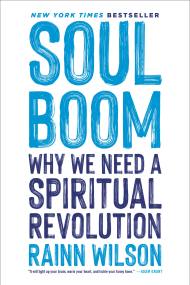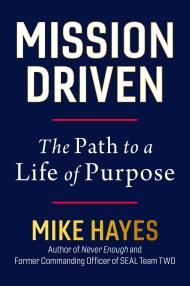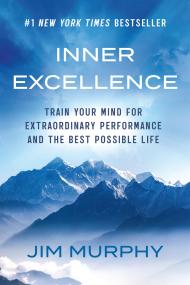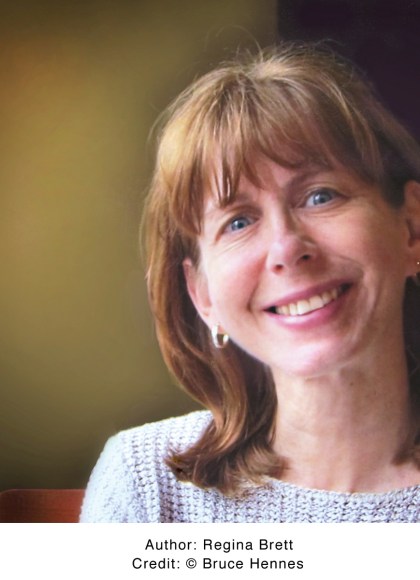By clicking “Accept,” you agree to the use of cookies and similar technologies on your device as set forth in our Cookie Policy and our Privacy Policy. Please note that certain cookies are essential for this website to function properly and do not require user consent to be deployed.
God Is Always Hiring
50 Lessons for Finding Fulfilling Work
Contributors
By Regina Brett
Read by Cassandra Livingston
Formats and Prices
- On Sale
- Apr 7, 2015
- Publisher
- Hachette Audio
- ISBN-13
- 9781478900542
Format
Format:
- Audiobook Download (Unabridged)
- ebook $9.99 $12.99 CAD
- Trade Paperback $21.99 $28.99 CAD
This item is a preorder. Your payment method will be charged immediately, and the product is expected to ship on or around April 7, 2015. This date is subject to change due to shipping delays beyond our control.
Buy from Other Retailers:
Beloved columnist and bestselling author Regina Brett offers her special brand of uplifting, yet practical advice to help readers find fulfillment in their work . . . and to deal with unexpected challenges.
In this inspiring collection, Brett focuses on how we relate to our work, or lack of work, and the seeking of something deeper and more meaningful in our career and life. With essays like “Every job is as magical as you make it” and “Only you can determine your worth,” this book relates tales of discouragement turning into hope, and persistence paying big dividends. People with challenges in their jobs or job search will find solace and advice.
In this inspiring collection, Brett focuses on how we relate to our work, or lack of work, and the seeking of something deeper and more meaningful in our career and life. With essays like “Every job is as magical as you make it” and “Only you can determine your worth,” this book relates tales of discouragement turning into hope, and persistence paying big dividends. People with challenges in their jobs or job search will find solace and advice.
Genre:
Newsletter Signup
By clicking ‘Sign Up,’ I acknowledge that I have read and agree to Hachette Book Group’s Privacy Policy and Terms of Use
